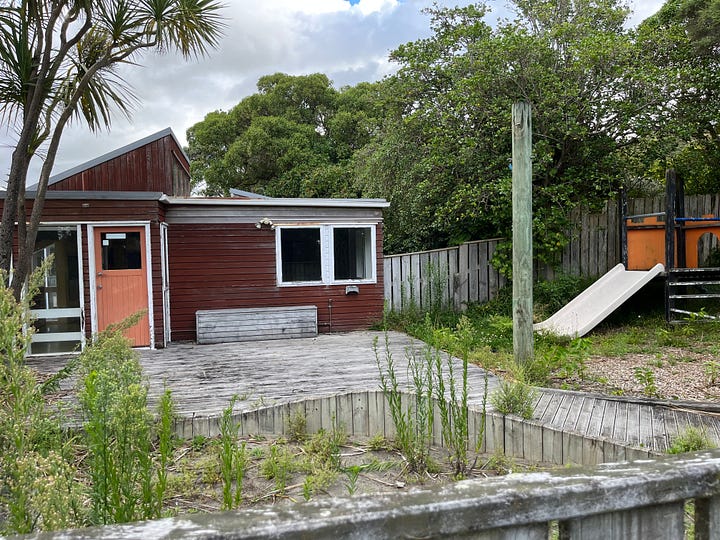If improved literacy is our goal, we might say the answer is found in increased testing and the mandating of specific capabilities at specific stages.
Or, we might say the answer is found in looking back to when literacy was good, learning from what we did back then and doing that again.
Or, we might ask the question, What kind of culture does a child need to grow up in for their brain to be receptive to learning?
This last question is complex, not easily dealt with through blame and soundbites.
Shonkoff et al. say
“social and physical environments that threaten human development (because of scarcity, stress, or instability) can lead to short-term physiologic and psychological adjustments that are necessary for immediate survival and adaptation, but which may come at a significant cost to long-term outcomes in learning, behavior, health, and longevity.”
10% of the children in New Zealand grow up in ‘material hardship’ - code for social and physical environments characterised by scarcity, stress, and instability.
Shonkoff, et al. go on to say
“The architecture of the brain is constructed through an ongoing process that begins before birth, continues into adulthood, and establishes either a sturdy or a fragile foundation for all the health, learning, and behavior that follow.
The interaction of genes and experiences literally shapes the circuitry of the developing brain, and is critically influenced by the mutual responsiveness of adult-child relationships, particularly in the early childhood years.”
So that’s 120,000 children in New Zealand, probably more, growing up in environments that give them a fragile cognitive foundation for learning. There is a link to literacy achievement here.
We’ve made this choice. Our children are the mirror for the choices we’ve made.
Here are the Pukerua Bay Plunket Rooms.


Who is Plunket?
… Unless you’re in Pukerua Bay, or any other place where they’ve shut down the Plunket Rooms. They rely on donations for the provision of these crucial services. We are choosing not to give them the funds they need to provide them.
Last year Shell made a profit of $40 billion.
They have around 80,000 employees worldwide.
Let’s play a little game. Imagine if 40,000 of their employees took a year’s paid parental leave.
Shell could pay them all $500,000 each and still make a profit of $20 billion.
But Shell doesn’t do that. They offer 8 weeks of paid parental leave unless country-specific legislation requires more.
Not all those profits went back into oil drilling - they did share some of the spoils: $4 billion was used to buy back shares, a practice that lifts share value. Great news! - for those Shell executives with shares as part of their remuneration package.
Here’s the thing. No baby is ready to be separated from its mother for hours each day after 8 weeks. The stress it feels negatively affects the circuitry of its developing brain. You’d think this was worth investing in.
These are choices our culture is making — poorly funded services for children and their families, and paltry parental leave provisions.
As all those responsible, realistic men keep saying, choices have consequences.
And the consequences of the choices they’re so keen on are borne by our kids.
Today’s message from Pluto
“Good brains grow when care is taken. Woof!!!”





